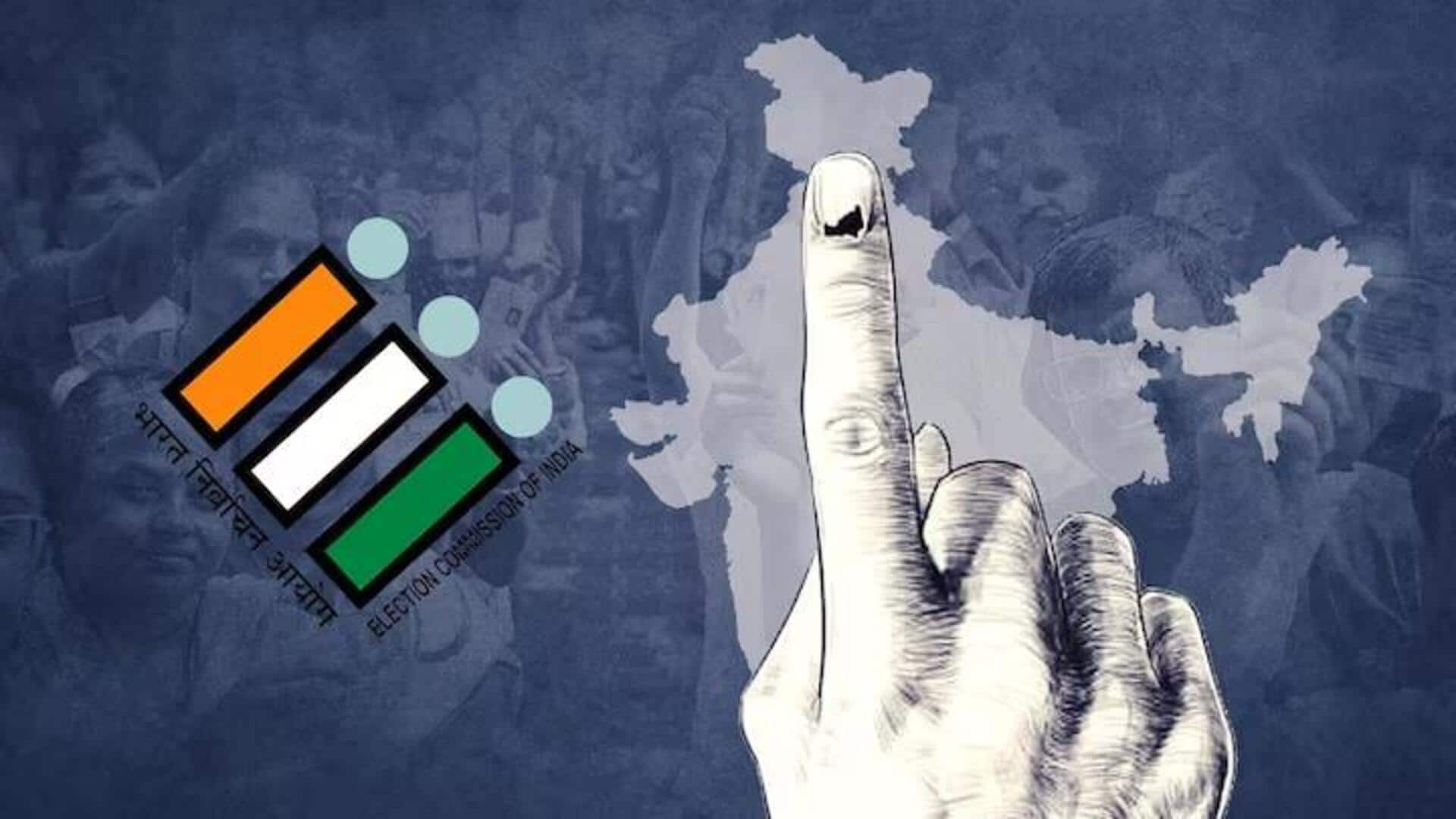
Explained: 48-hour 'silence period' ahead of polling
What's the story
With Lok Sabha elections set to begin Friday, India is observing a 48-hour "silence period." Mandated by Section 126 of the 1951 Representation of the People Act, the "silence period" began following the conclusion of election campaigning on Wednesday. During this time, all election campaigning activities are halted until voting concludes. The first phase of polling will be held in 102 parliamentary constituencies across 21 states. Subsequently, six more phases will be conducted before results are declared on June 4.
Restrictions
'Silence period': Restrictions and prohibitions
The "silence period" marks a complete cessation of all campaigning activities by political parties, candidates, and media outlets. This includes any action "intended or calculated to influence or affect the result of an election." The district magistrate enforces a ban on unlawful assemblies and public meetings during this time, limiting gatherings to under five people and prohibiting the use of loudspeakers.
Penalties
Exceptions and penalties during the 'silence period'
Despite the restrictions, door-to-door campaigning is permitted during the "silence period." However, any election-related content such as opinion polls displayed through television or similar devices is prohibited. Last February, the ECI said that the 48-hour non-campaign period would apply to social media and any violation would have outcomes. Violators of these rules could face up to two years in jail or a fine, or both. The sale or distribution of alcohol within polling districts is not allowed during this period.
Voting day
What happens on election day?
On the day of voting, candidates and their teams are allowed to use only one vehicle, which cannot be used to transport voters to polling stations. Campaigning materials such as posters, banners, loudspeakers and megaphones are not permitted within 100m of a polling station. Mobile phones are also banned near polling booths, with the exception of officers on duty. Notably, employees get a paid holiday on the poll date under Section 135(B) of the RP Act.
Aftermath
What happens after polling is over?
After the polling is over, the Electronic Voting Machines (EVMs) are sealed and taken to the reception centre under security. The machines are kept in a strong room which is highly protected through a double lock system, triple-tier guard, and 24×7 CCTV monitoring. Candidates can also monitor these strong rooms. India is holding Lok Sabha elections in seven phases that will conclude on 1 June. The voting will begin at 8 am and last until 5 pm on Friday.